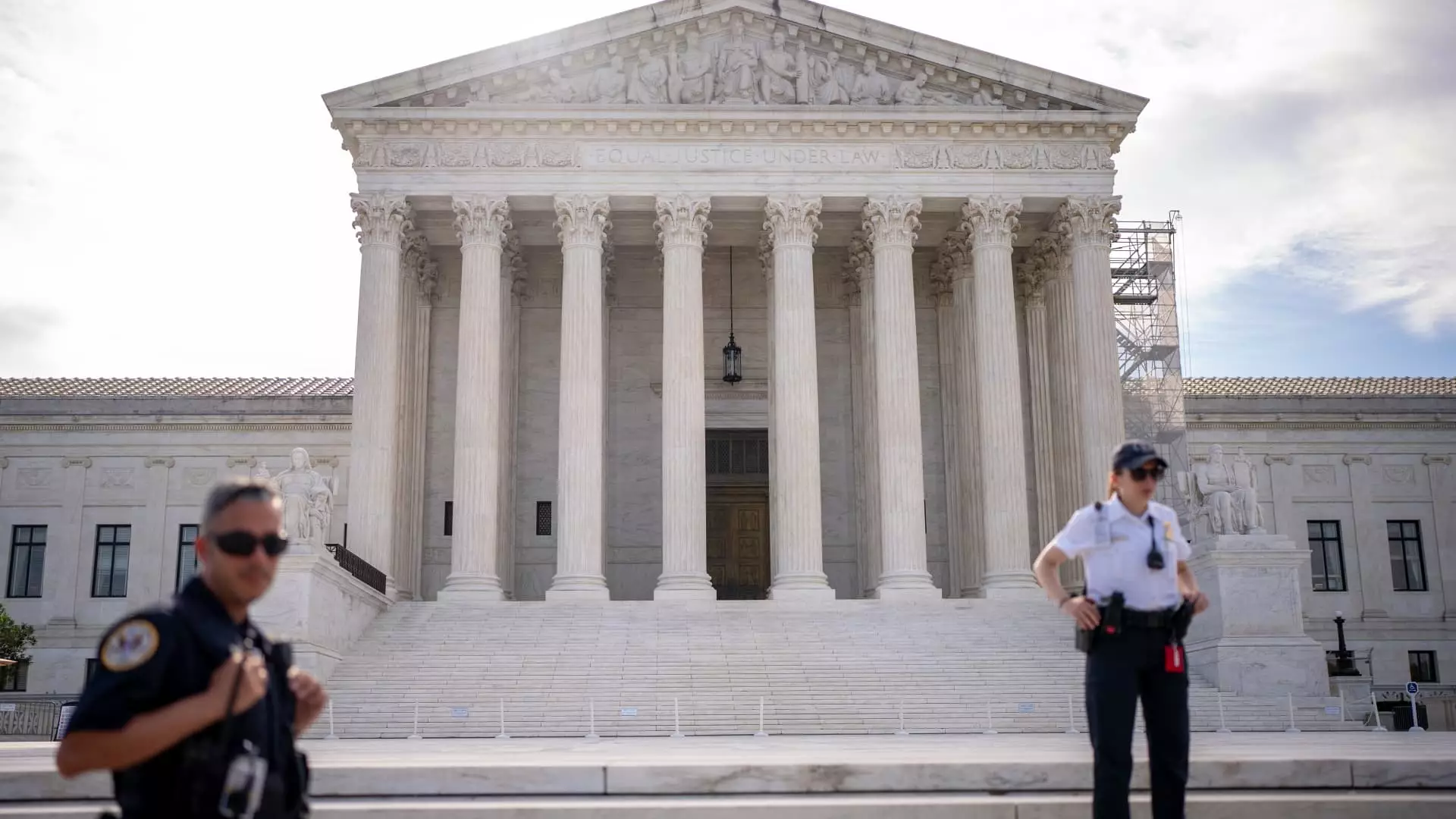The Supreme Court recently made a decision in the case of Moore v. United States regarding a federal tax on certain foreign investments. The case involved a Washington state couple who faced taxes due to a “mandatory repatriation tax” on earnings and profits in foreign entities. Despite this tax, the Supreme Court upheld the decision, leaving questions about the constitutionality of a wealth tax unanswered.
Some experts believed that the Moore case could have implications for future wealth tax proposals, which have been calling for taxes on “unrealized gains” or profitable assets that have not been sold. However, the Supreme Court did not address the broader debate on whether a wealth tax is constitutional. The opinion was narrow, focusing solely on the specifics of the Moore case.
Before the Supreme Court opinion, powerful constitutional arguments against a wealth tax already existed. The case of Moore v. United States did not provide a definitive answer on the constitutionality of a wealth tax. Justice Brett Kavanaugh emphasized the limited scope of the opinion, stating that it should not be seen as authorization for a hypothetical congressional effort to tax both an entity and its shareholders on the same undistributed income.
Some experts expressed concerns that the case could have implications for domestic stockholders who may have imputed income from corporations that do not issue dividends. However, the Supreme Court opinion pointed out that the Moore’s realization of income was similar to other pass-through taxes on foreign companies. The majority did not make a decision on whether realization is required for income tax.
The Supreme Court’s decision in the case of Moore v. United States has raised questions about the constitutionality of a wealth tax. While the specific case focused on a federal tax on certain foreign investments, the broader implications for wealth tax proposals remain uncertain. It is clear that the debate on wealth tax will continue, with experts expressing differing opinions on its constitutionality.

Leave a Reply